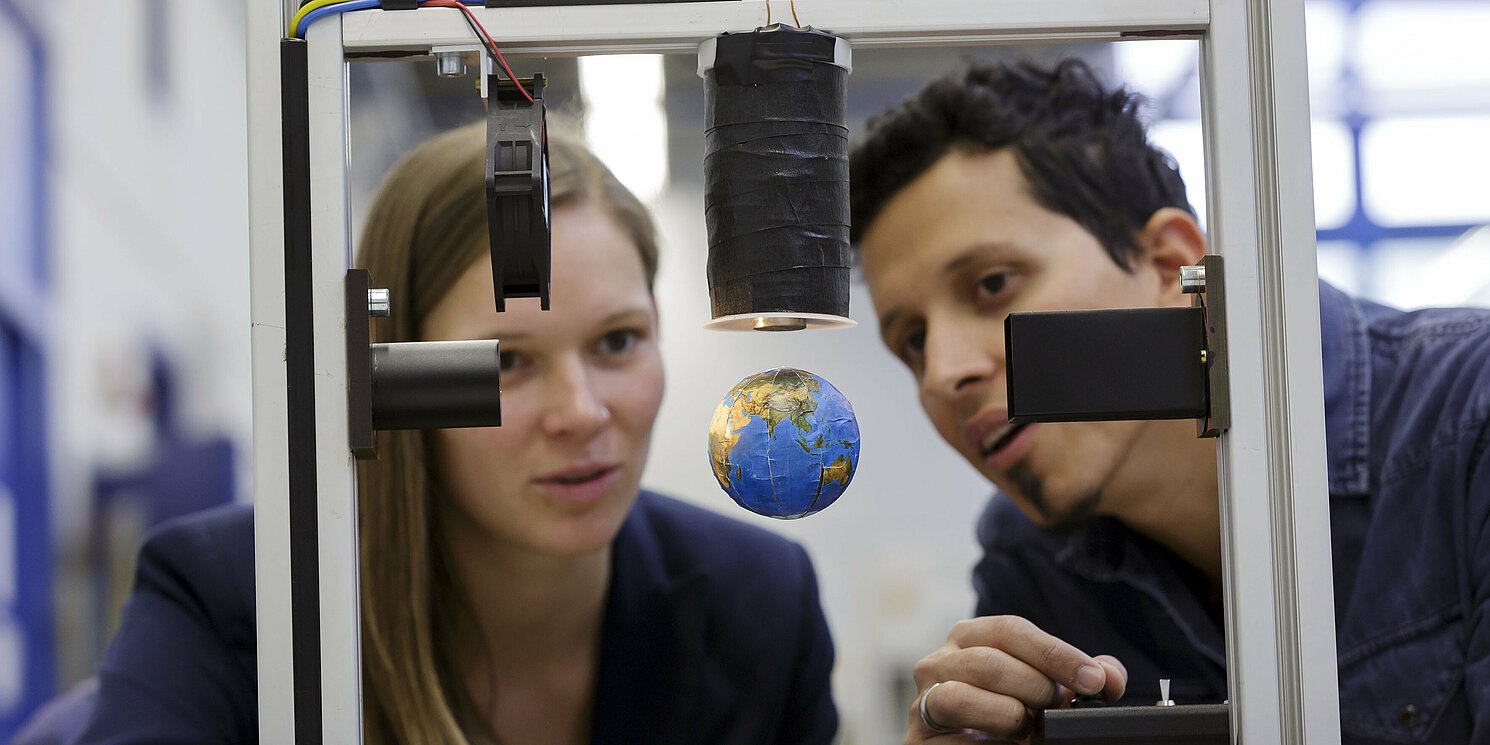The project Building Relations for International Degree-Seeking Students to German Employment (BRIDGE) at the OTH Regensburg is funded as part of the German Academic Exchange Service’s (DAAD) programme FIT: Förderung internationaler Talente zur Integration in Studium und Arbeitsmarkt (support of international talents for integration during their studies and into the labour market).
The internationalisation of teaching is an important aspect of the OTH Regensburg’s university development plan. The range of international degree programmes on offer is constantly being expanded. In cooperation with the International Office, the application for OTH BRIDGE has now been submitted to the DAAD and has been approved. OTH BRIDGE specifically includes the expansion of the welcoming culture as well as general support for international students throughout the entire student life cycle, through various initiatives and measures. A central component of the project is the newly founded student initiative “International Campus Friends” – a peer-to-peer format that aims to strengthen networking between German and international students. The dual study programme option is also to be expanded for international students. In addition, there will be an international alumni network in the future.
“The OTH BRIDGE project aims to consolidate and expand our welcoming culture. Another important aspect is the development and expansion of our international students’ German language skills. We also want to create new formats, offer excursions and intensify contacts with companies,” says Prof Dr Oliver Steffens, Vice President for International Affairs at the OTH Regensburg.
Further goals of FIT are to reduce the drop-out rate of international students and to facilitate an easy transition into the German labour market after graduation. To this end, good networking with business partners and the region is particularly important: as part of the project, international students should therefore be given the opportunity to establish contacts with regional industry and gain practical experience during their studies, for example through excursions, project work, the dual study programme and other measures. The MEM-GATE (German Acquisition and Technology Education) initiative for the international Master’s degree programme in Electrical and Microsystems Engineering (MEM) aims to strengthen students’ language and intercultural skills in order to improve their transition into the regional labour market. The initiative serves as a model, and its experiences and findings will be incorporated into future international degree programmes taught in English.
Germany has been one of the top three most popular countries for international students for years, while at the same time the shortage of skilled employees is increasing dramatically. For this reason, the DAAD is currently funding university projects to train and recruit international skilled employees with two programmes until 2028. A total of 120 million euros in funding from the Federal Ministry of Education is available nationwide for this purpose. The FIT and Profi plus programmes are aimed at cooperation between universities, companies and economic institutions in order to establish professional networks.
